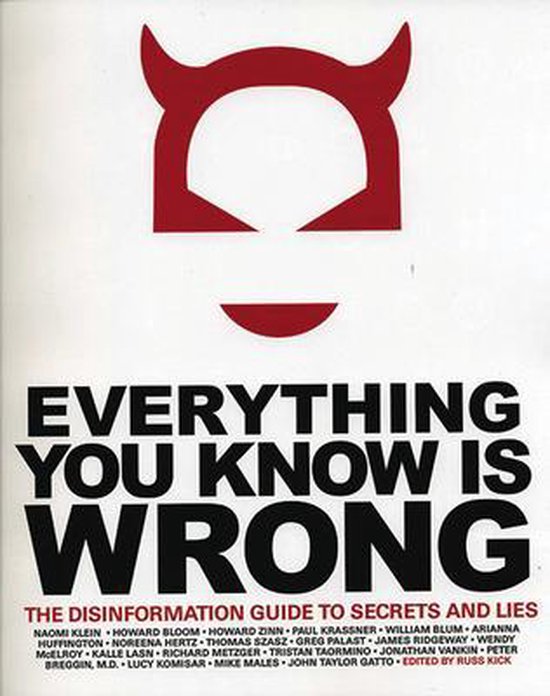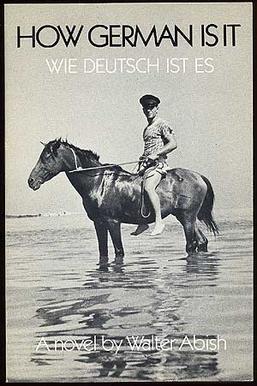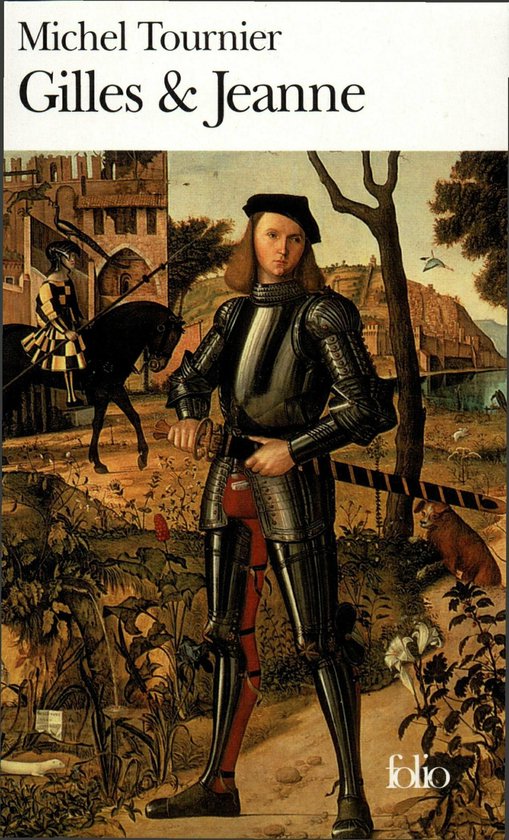This happened in 2021, but I only found out today.

Russ Kick (1969 – 2021) was an American writer and publisher, founder of The Disinformation Company and editor of such books as You Are Being Lied To (2001) and Everything You Know Is Wrong (2002).

This happened in 2021, but I only found out today.

Russ Kick (1969 – 2021) was an American writer and publisher, founder of The Disinformation Company and editor of such books as You Are Being Lied To (2001) and Everything You Know Is Wrong (2002).

Walter Abish was an Austrian-born American writer known for such novels as Alphabetical Africa (1974) and How German Is It (1980).
Jeroen Brouwers was a Dutch writer known for such novels as Sunken Red (1981).
Sunken Red (1981) is the story of the author locked up with his mother in a Japanese concentration camp.
Published after the death of his mother, it is a reflection of the coping process of his years in these Japanese internment camps.
Guy Cassiers directed a play based on the English translation of the book. It starred Dirk Roofthooft.
Jack Higgins was a best-selling author of thrillers and espionage novels. His novel The Eagle Has Landed (1975) was adapted into the 1976 movie of the same title.
P. J. O’Rourke was an American libertarian political satirist and journalist.
He wrote books such as Holidays in Hell (1988).
This happened at least five years ago but it escaped my attention.

Alan Sheridan was an English author and translator. He translated Gilles and Jeanne (1983) by Michel Tournier.
The death of Sheridan came to my attention while documenting Pornographic Archaeology which I read thoroughly vertically last week.
Steven Marcus is best-known for The Other Victorians (1964) [below], a study of Victorian pornography in which he coined the term pornotopia.
The book is a classic in the academic study of pornography.
I’ve never been able to find out the identity of the author of the illustration on the cover. It’s in the skinny style of Raphael Kirchner (1867– 1917) and Léo Fontan (1884 – 1965) which was popular in the late 19th and early 20th centuries. That’s all I know. Anyone?
“Bartleby the Scrivener” (1853) is a short story by Herman Melville famous for its dictum “I would prefer not to,” uttered by the reluctant clerk Bartleby.
Many existentialists and absurdists have regarded the story as a prescient exploration and embodiment of their concerns.
French philosopher Gilles Deleuze wrote an essay on the text titled “Bartleby, or, the Formula” (1989).
Above is the Encyclopædia Britannica film adaptation of 1969.
RIP Richard Hoggart, 95, British academic and author (The Uses of Literacy).
My interest in Hoggart?
There was a time I was obsessed by the overlapping areas of high culture and low culture (nobrow!) and the notion of cultural pessimism, commodity fetishism and commodification (think Cocacolonization, Disneyfication, McDonaldization, Walmarting) and false consciousness and whathaveyounot (all essentially notions of Marxist cultural criticism).
I think this was due to my interest in sexual fetishism (hence the link to commodity fetishism) and my reading of Dick Hebdige and being into popular music and against state funding of the arts and being affectionate of the beautiful loser.
Things have changed, my interests have become less fanatical. But I’m still against drab intellectualism and in favor of the best of the body genres.
I finished reading Why Read the Classics? by Italo Calvino, a book featuring 36 essays on classic books.
Excellent reading. Highly erudite. Such ease of narration.
Of course, I love the genre, books about books. The last I read of its kind was Stranger Shores: Literary Essays, 1986–1999 by J. M. Coetzee[1].
Highlights, you ask?
The large essay on Stendhal and on De l’amour in particular.
That the Anabasis is a war novel.
That Twain was not much of a stylist.
That Orlando Furioso is an example of the fantastique.
A reference to the Encyclopédie des sciences inexactes by Raymond Queneau which reminded me of Umberto Eco’s pet project the Cacopedia.
And … the prose poetry of Francis Ponge: